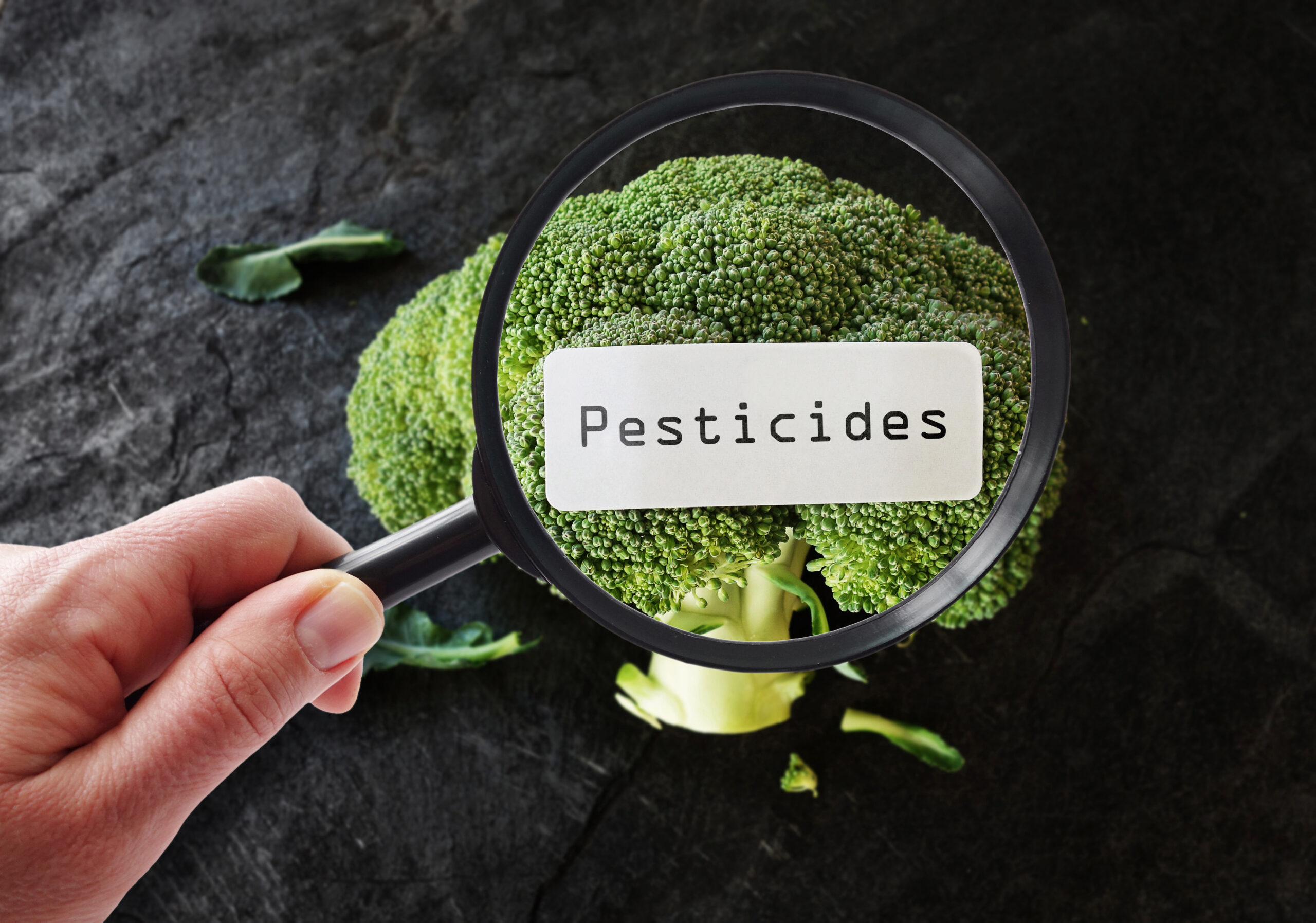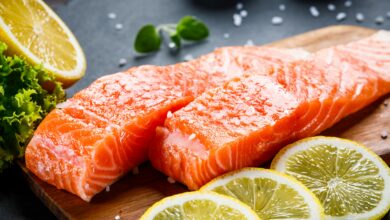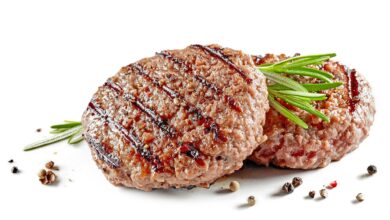
Pesticides
Most of the fruits and vegetables that are purchased have been exposed to pesticides. The bigger question is what kind of pesticides have been used? Chemical pesticides such as malathion and chlorpyrifos, are widely used on commercial product that is labeled non-organic. Plant-based forms of earth and human-friendly pesticides are used on organic produce.
Read More »Produce that is not labeled organic has been raised with additives that may contain sewage known as sludge, chemical herbicides, hazardous biomaterials, irradiation, synthetic fertilizer, and GMO engineering. Produce absorbs what is in the ground and can retain these chemicals. Up to 70% of the non-organic fruit and veggies purchased today contain chemical residues.
Organic Produce
Know that organic fruits and veggies do use pesticides but of a different nature. Earth-friendly methods are used that also benefit you in a friendly human health way by using plant-based instead of chemical-based pesticide products. Here is a list of organic type products used on produce:
Household detergents
Pyrethrin
Lime sulfur
Sabadilla
Garlic
Onion
Ryania
Tomato leaves (crushed)
Tobacco water or snuff
Rotenone oil and sulfur sprays
Talcum powder
Soapsuds
Rhubarb leaves
Garlic and red-pepper spray
Spearmint spray
Diatomaceous earth
Neem insecticidal spray
Beer
Dead-deer odor
Fruits
Some argue that organic fruits are more expensive and perish quicker than their non-organic counterparts. However, the health benefits may outweigh the expense. Short term, allergies seem to lessen when the fruits do not contain harsh chemicals. Also, these fruits are higher in antioxidants than the chemical-laden non-organic varieties.
One thing to consider is fruits grown in other countries may not disclose how they were produced as well as what chemicals were used in their production. Thick-skinned fruits, such as bananas or oranges, have less contamination than thin-skinned fruits. While thick-skin produce may have less contamination from chemicals sprayed on them, they still have some internal residue through absorption from the soil and groundwater.
A list of the thin-skinned non-organic fruit that is most vulnerable to contamination:
Strawberries
Nectarines
Apples
Grapes
Peaches
Cherries
Thin-skinned fruits not only absorb from the ground, but chemicals can leech through the skin as well. Washing your fruit well can help with the surface contamination but will not touch the reside contained inside.
Veggies
Non-organic veggies have the same problem as the fruit when you consider how they are produced. Can you imagine that some veggies have as many as 15 or more chemical residues when tested? It’s true, and this type of produce production ends up on your dinner table almost daily. Certain veggies retain more of the laced chemicals than others.
Veggies that are safer and tastier when purchased with the organic label include:
Celery
Spinach
Sweet bell peppers
Cucumbers
Cherry tomatoes
Sugar snap peas (imported)
Potatoes
Hot peppers
Kale
Collards
Leafy greens, such as spinach and kale, can contain the highest amount of chemical residue. Also, imported veggies carry the same risk of unknown production as imported fruit.
Risks
Being cautious about the food we ingest has become more and more of a concern. It is hard to wrap our minds around the fact that the “healthy” food we eat may be laced with poison. These chemicals can range from aggravating our allergies to potenically be an underling cause of cancer. Good human health depends on an enriching and nutritious diet.
Today, it seems we must go a step further by purchasing or growing produce that meets organic standards. Organically produced foods are held to a higher standard to ensure you are getting healthier food. When you see that label in the store, you know that the food you are purchasing has met the grade.





